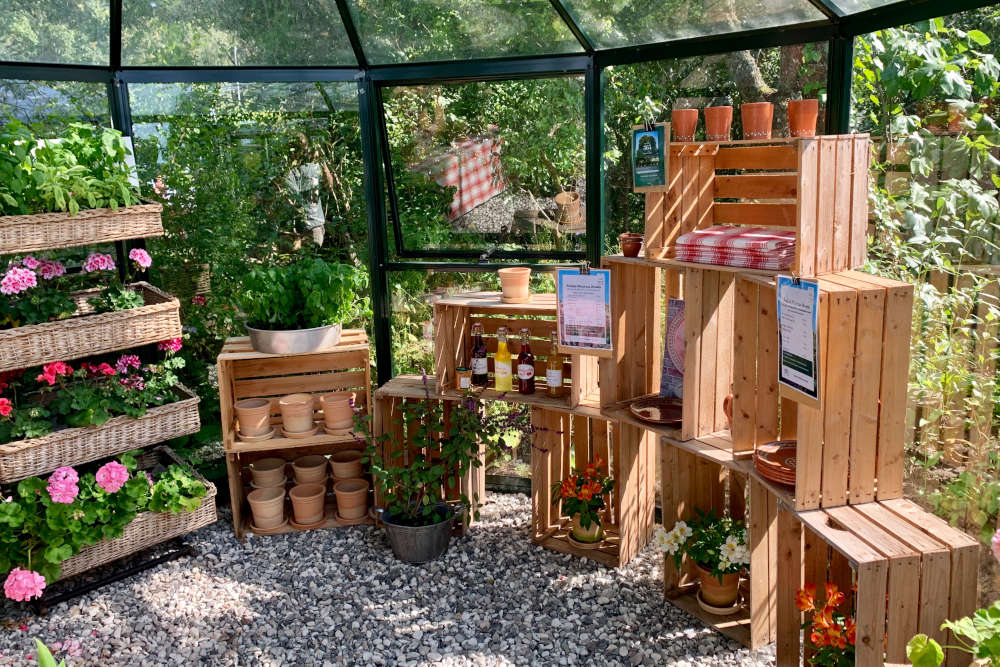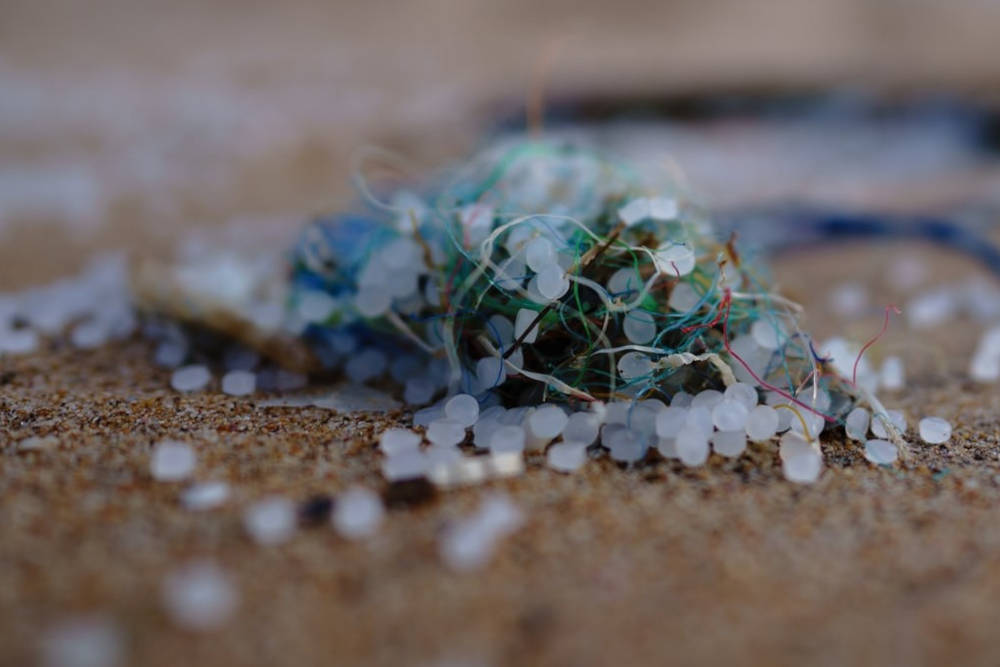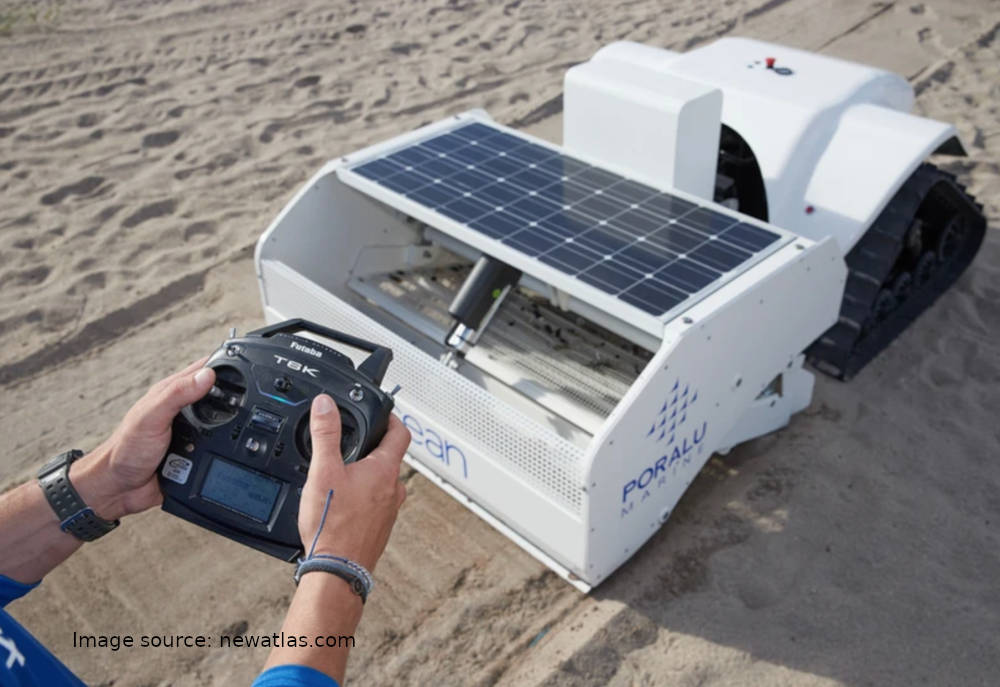Olive pits into biodegradable plastic? YES!
- Home
- Swallow Green
- Olive pits into biodegradable plastic? YES!
Olive pits into biodegradable plastic? YES!
- access_time 1 April 2020
- account_circleSwallow Green
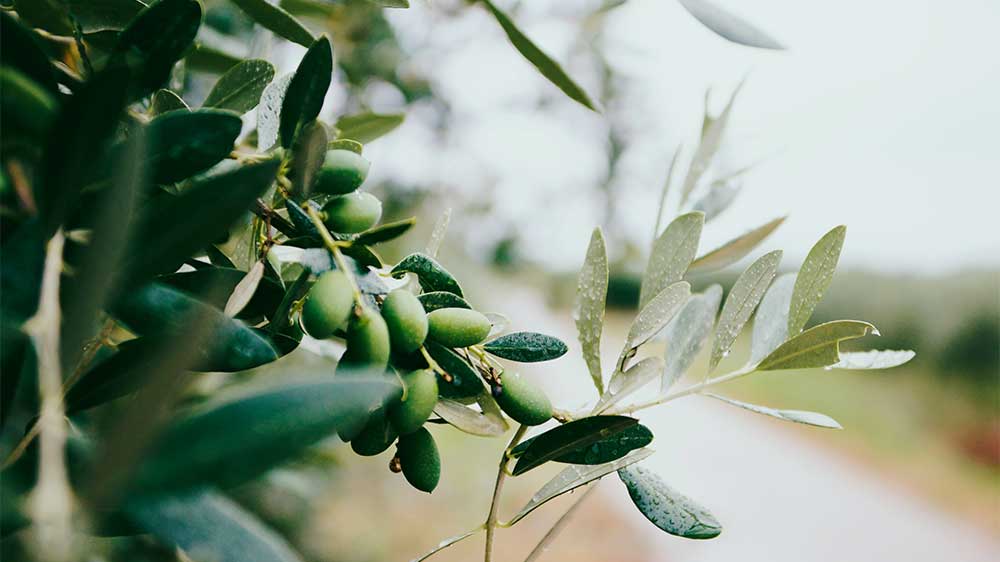
A Turkish scientist has found a way to convert left over olive pits into a biodegradable plastic material, inspired by her dad’s peculiar eating habits.
Duygu Yilmaz first started her innovative scientific work after she noticed her father’s unusual habit of eating olive pits in order to soothe his upset stomach. She became concerned that these pits were harmful to his health, so she decided to do some research.
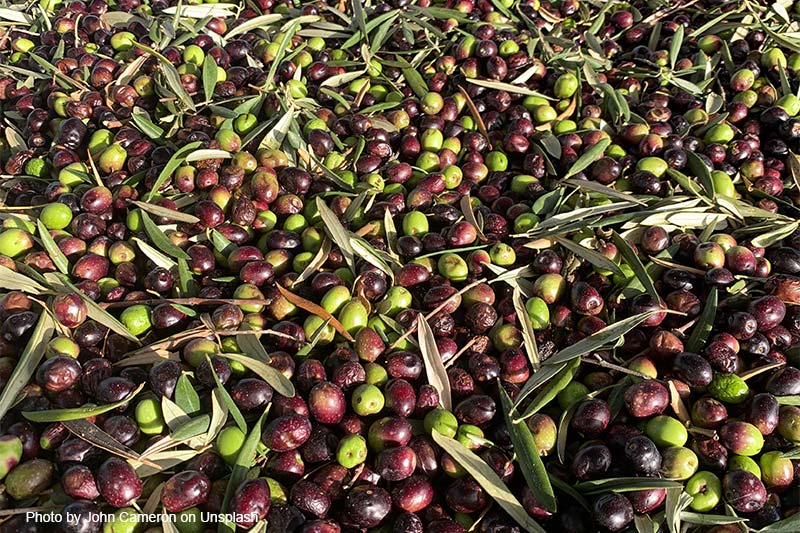
Rather than finding anything dangerous about them, she discovered some surprising similarities between the chemical makeup of olive pits and plastic.
This accidental discovery has since grown into the Biolive startup, a group that converts the discarded pits from olive oil manufacturers into bio plastic.
While it takes 450 years for typical plastics to degrade into harmful micro-plastics, and never full dissolve, the olive-based plastic created by Biolive decomposes within one year, blending into the earth like fertilizer, one could say.
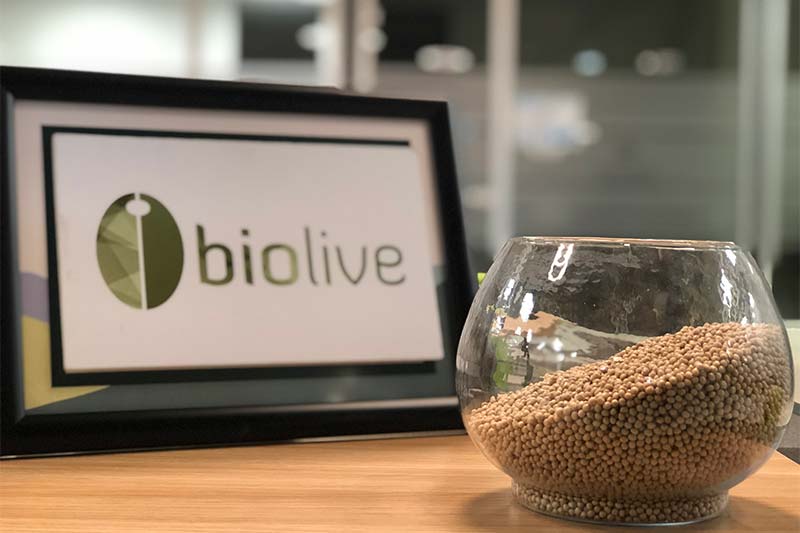
Source: Biolive.com
Another benefit of using biodegradable plastic is its minimum carbon footprint; replacing 2 pounds of traditional plastic with the same amount of Biolive’s plastic reduces carbon dioxide emissions by more than 6 kilograms.
In addition to the exciting environmental benefits of Yilmaz’s work, it also has a significant positive social impact on the young women of her homeland, Turkey. Globally, women make up about 63% of the work force – but in Turkey, that number is a minuscule 34%. Yilmaz’s success shows the importance of female entrepreneurs, and the undeniable benefit of diversification in fields driven by unique and innovative ideas.
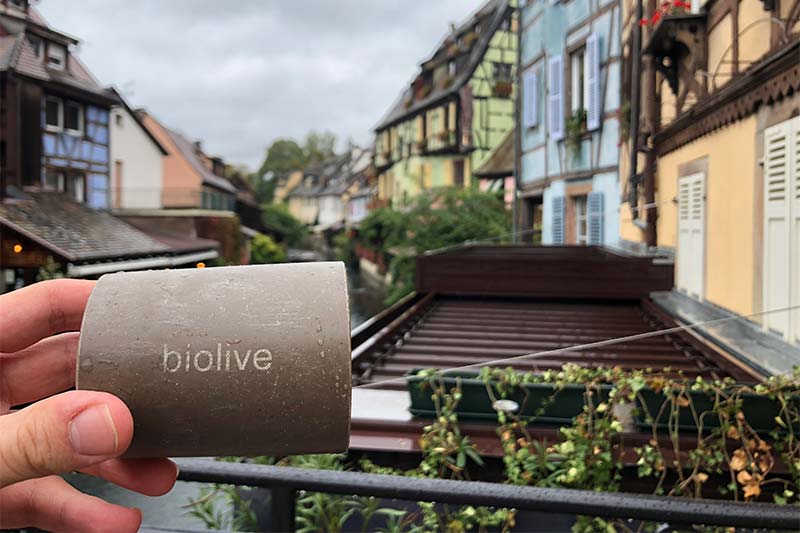
Source: Biolive.com
Yilmaz, who has received several awards and grants for her groundbreaking work, hopes that Biolive will continue partnering with more and more shipping companies so that their olive-based material can eventually replace wasteful plastic packaging in entirety.


